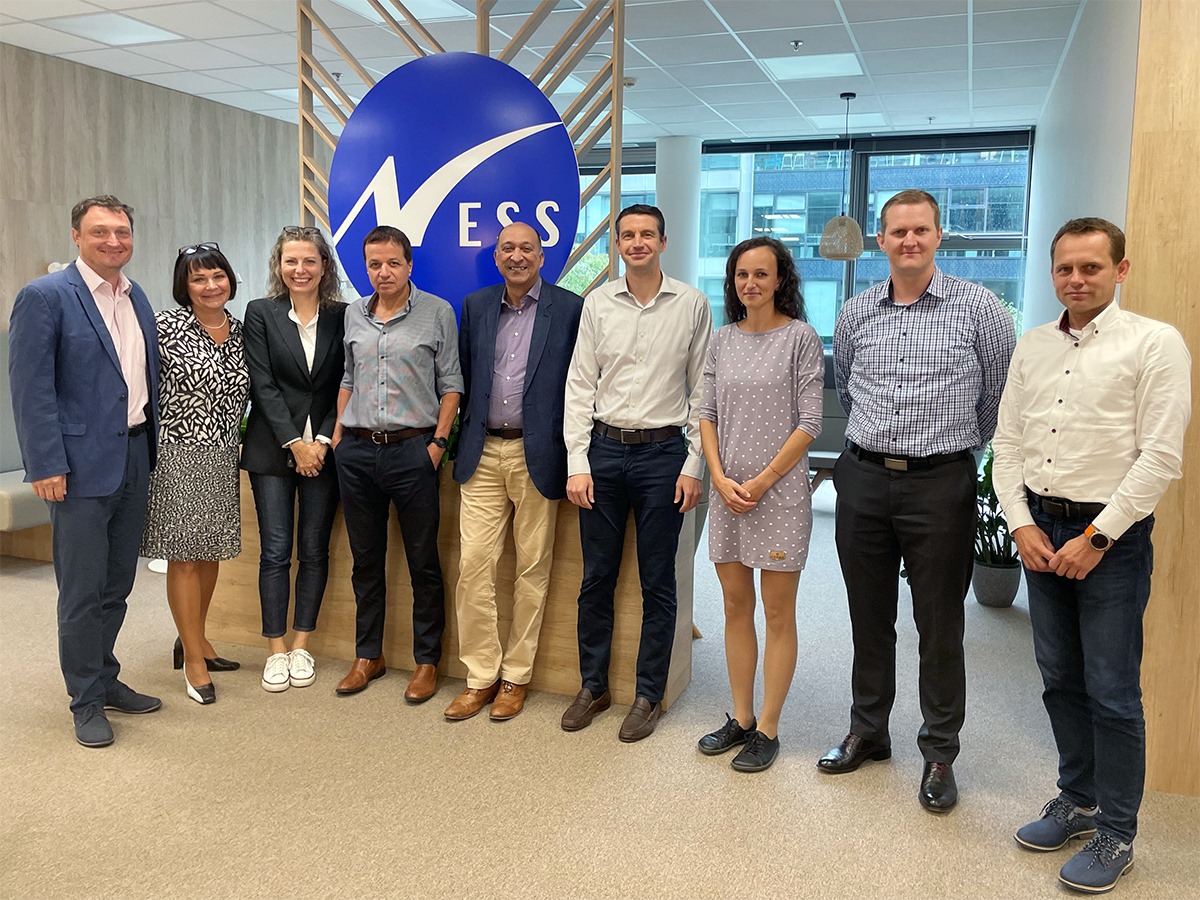Smart cities sound like sci-fi heaven. Utopian urban layouts with modern technology enhancing every aspect of city life. While we might still be living in busy, congested concrete jungles, the components that would make a smart city are quickly becoming a reality. For example, two years ago it was announced that Chicago police would implement AI to predict crime in certain areas.
This approach has now spread to other, unexpected parts of the globe such as Cali, Colombia, where data collection and geo-referenced maps help decide where and when to deploy officers to reduce crime. In addition to AI, in other urban areas of South America, satellite data has been used to improve lives. For instance, Perú has been orchestrating various social studies using satellite imagery, such as exploring a relationship between malnutrition in children, and severe climate change. And, AmigoCloud, a cloud-based and mobile mapping solution, will soon be working with the Cadastre Institute of Lima, using satellite images to reduce tax evasion and informality.
But there is one technological ingredient which could accelerate the production of smart cities, blockchain. For cryptocurrency millionaire Jeffrey Berns, the blockchain could be the key to a perfect society. According to the New York Times, Berns intends to develop a futurist community in Nevada which will sprawl across roughly one hundred square miles, where houses, schools, commercial districts and production studios will be built. Moreover, blockchain, specifically Ethereum, will be the essential component in the community’s design entitling every resident and employee to an Ethereum address, which will be used to vote on local measures and store their personal data.
Outside of Berns’ ambitious project, we are already seeing blockchain technology play a huge role in many areas which could enhance our urban lives. A previous article on Invest In Blockchain points to a number of spaces where blockchain can create a smart city, such as Government Services. According to the article “Smart contracts can be used for digitising citizen rights and identification, transparent voting, tax, track ownership of assets, remove paper, and automate bureaucratic processes,” similiar to Berns’ intentions in Nevada.
Alongside this, the article also highlights the potential of Smart Energy stating that we can “create a more resilient power grid by using a blockchain powered p2p energy market. This removes sent seeking middle men and allows individuals to create, buy, sell, and trade energy while retaining value.”
One startup is currently way ahead of the game and has made promising advancements in this area. FUERGY has created an AI-powered device that attaches directly to a home battery/green energy source, and the complementing software allowing users to automatically trade energy surplus, using the blockchain, within a virtual network.
We might be living in dumb cities for the time being, however, as long as our technology keeps getting smarter, and the ways in which we use it, we could all be living in modern paradises soon enough.
Disclosure: This article includes a client of an Espacio portfolio company









Show Comments